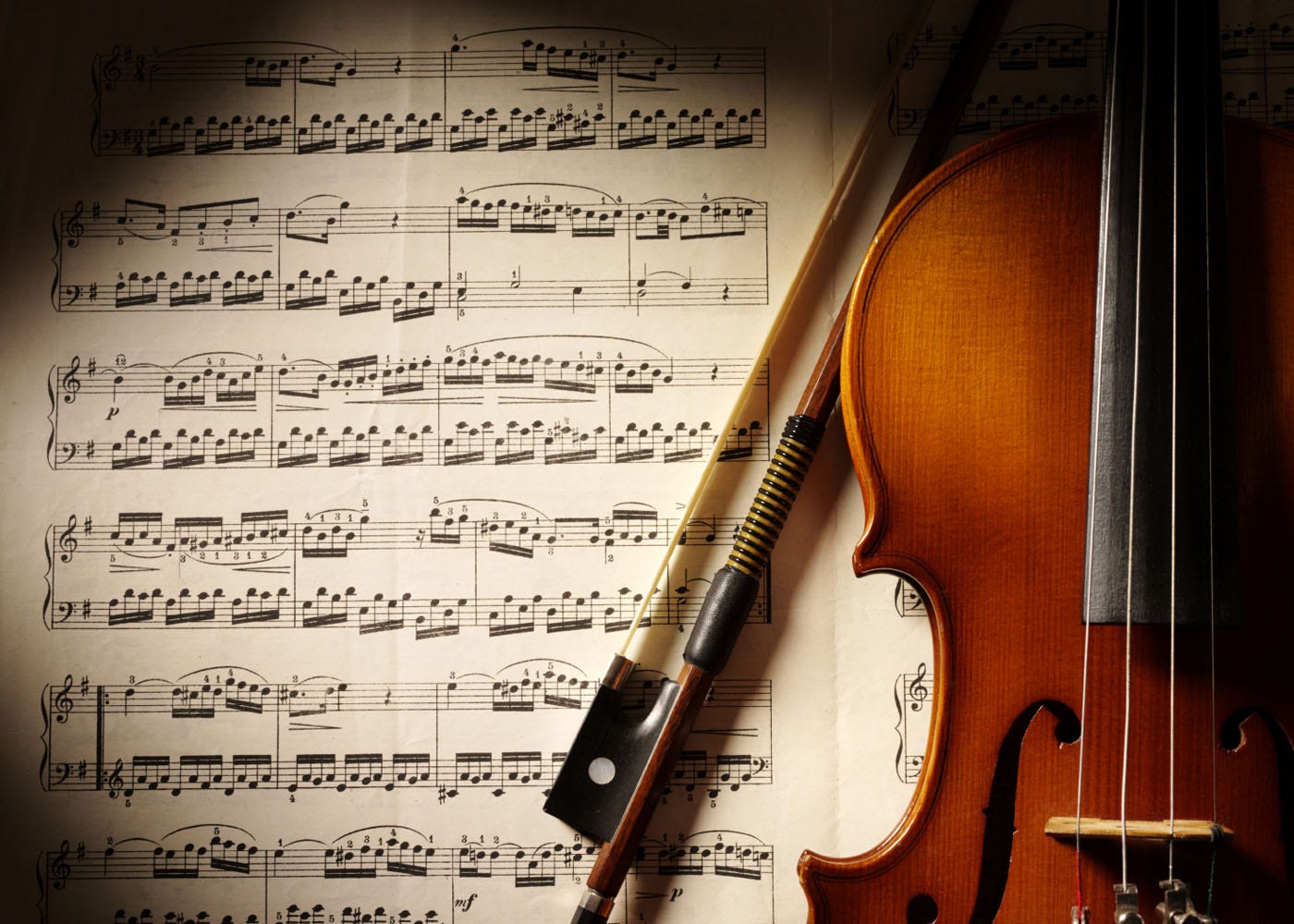The Beauty of Classic Music: Understanding its Importance and Impact

Classic music is a genre that has been around for centuries, yet it continues to captivate audiences to this day. From the works of Mozart to Beethoven, classical music has a timeless quality that transcends generations. But what makes this genre so special? And why is it still relevant in today’s modern world?
The History of Classical Music
Classical music originated in Europe during the 18th century and was characterized by its use of orchestral instruments such as the violin, cello, and piano. The genre was heavily influenced by the Baroque period, which emphasized elaborate and ornate compositions. However, classical music evolved to become more structured and focused on melody and harmony. One of the most notable composers of classical music was Wolfgang Amadeus Mozart. His works, such as Symphony No. 40 and The Marriage of Figaro, are still widely recognized and performed today. Other notable composers include Ludwig van Beethoven, Johann Sebastian Bach, and Franz Schubert.
The Importance of Classical Music
Classical music has had a significant impact on the world of music and art. It has inspired countless musicians and composers throughout history and continues to influence modern music genres such as jazz and rock. Additionally, classical music has been shown to have a positive impact on mental health, with studies suggesting that listening to classical music can reduce stress and anxiety. Furthermore, classical music has played a crucial role in shaping cultural identity. Many countries have national orchestras that perform classical music as a way of celebrating their heritage and history. For example, the Vienna Philharmonic Orchestra is known for its performances of classical music by Austrian composers such as Mozart and Strauss.
The Future of Classical Music
Despite its rich history and cultural significance, classic music has faced challenges in maintaining relevance in today’s fast-paced world. However, many musicians and organizations are working to keep the genre alive and accessible to new audiences. One way this is being done is through collaborations between classical musicians and artists from other genres. For example, the album “The Goat Rodeo Sessions” features a collaboration between classic cellist Yo-Yo Ma and bluegrass musicians Stuart Duncan, Edgar Meyer, and Chris Thile. Additionally, many orchestras are incorporating technology into their performances to make classical music more engaging and interactive. For example, the Boston Symphony Orchestra has developed an app that allows audience members to follow along with the music and learn about the composers and instruments being used.
Conclusion
In conclusion, classical music is a genre that has stood the test of time and continues to have a significant impact on the world of music and art. Its importance in shaping cultural identity and promoting mental health cannot be overstated. While the genre may face challenges in maintaining relevance. Efforts are being made to keep classical music alive and accessible to new audiences.






